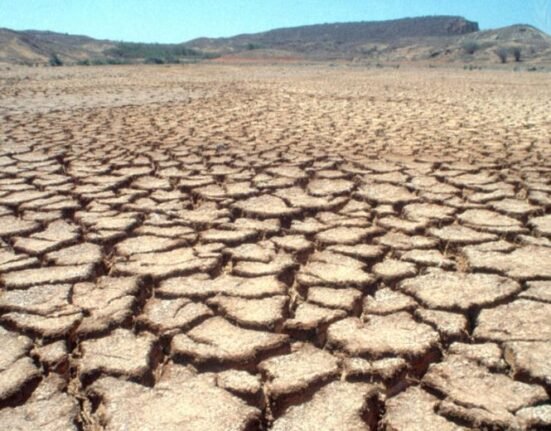HQ Team
December 11, 2023: About $7 trillion in investment, or seven per cent of the global gross domestic product, flows from the public and private sectors into activities that hurt the environment, a UN report stated.
Of the total, $5 billion of “nature-negative finance flows” come from the private sector, which is 140 times larger than private investments in nature-based solutions.
Almost half of that stems from five industries — construction, electric utilities, real estate, oil and gas, and food and tobacco, according to the State of Finance for Nature report by the UN Environment Programme (UNEP) and its partners.
These investments are being dwarfed by the annual amount being invested in nature-based solutions, which totalled roughly $200 billion last year.
“Nature-based solutions are dramatically underfunded. Annual nature-negative investments are over 30 times larger than financing for nature-based solutions that promote a stable climate, and healthy land and nature,” said Inger Andersen, Executive Director of the UNEP.
‘Indigenous Peoples’
“To have any chance of meeting the sustainable development goals, these numbers must be flipped – with true custodians of the land, such as Indigenous Peoples, among the chief beneficiaries,” she said.
The report based its findings on an analysis of global financial flows. The five sectors account for 16% of overall investment flows in the economy.
It is also responsible for 43% of nature-negative flows associated with the destruction of forests, wetlands, and other natural habitats.
Niki Mardas, Executive Director of Global Canopy said: “This year’s report is a stark reminder that continuing with ‘business as usual’ poses a severe threat to our planet, reinforcing the urgent need for a transition to sustainable business practices and to stop the financing of nature destruction.
“The net is tightening, with increased regulatory pressure in key areas like tackling deforestation,” he said.
Harmful subsidy bills
“It means that those companies and financial institutions still driving the problem now need to make best use of the excellent data, guidance and frameworks already available to urgently commit to a nature-positive future.”
Government spending on environmentally harmful subsidies in four sectors — agriculture, fossil fuels, fishery, and forestry — was estimated at $1.7 trillion in 2022.
Reforming and repurposing environmentally harmful subsidies, particularly to fossil fuels and agriculture, will be critical, at the COP28 in Dubai, which ends on December 12.
Fossil fuel subsidies to consumers doubled from $563 billion in 2021 to $1.163 billion in 2022. To meet the Rio Convention targets of limiting climate change to 1.5C, as well as the Global Biodiversity Framework target to set aside 30% of land and sea by 2030 and achieve land degradation neutrality.
Nature-based solutions
Finance flows to nature-based solutions must almost triple from current levels ($200 billion) to reach $542 billion a year by 2030 and quadruple to $737 billion by 2050, according to the report.
While public funding will continue to play a critical role, private finance can potentially increase its share of nature-based finance from 18% currently to 33% by 2050.
Nature-based solutions provide critical investment opportunities, as they are cost-effective and provide multiple benefits, the UNEP report stated.
Investment opportunities in sustainable land management can increase fourfold by 2050 based on the long-term profitability of sustainable food and commodity production – critical to catalysing private investment.








